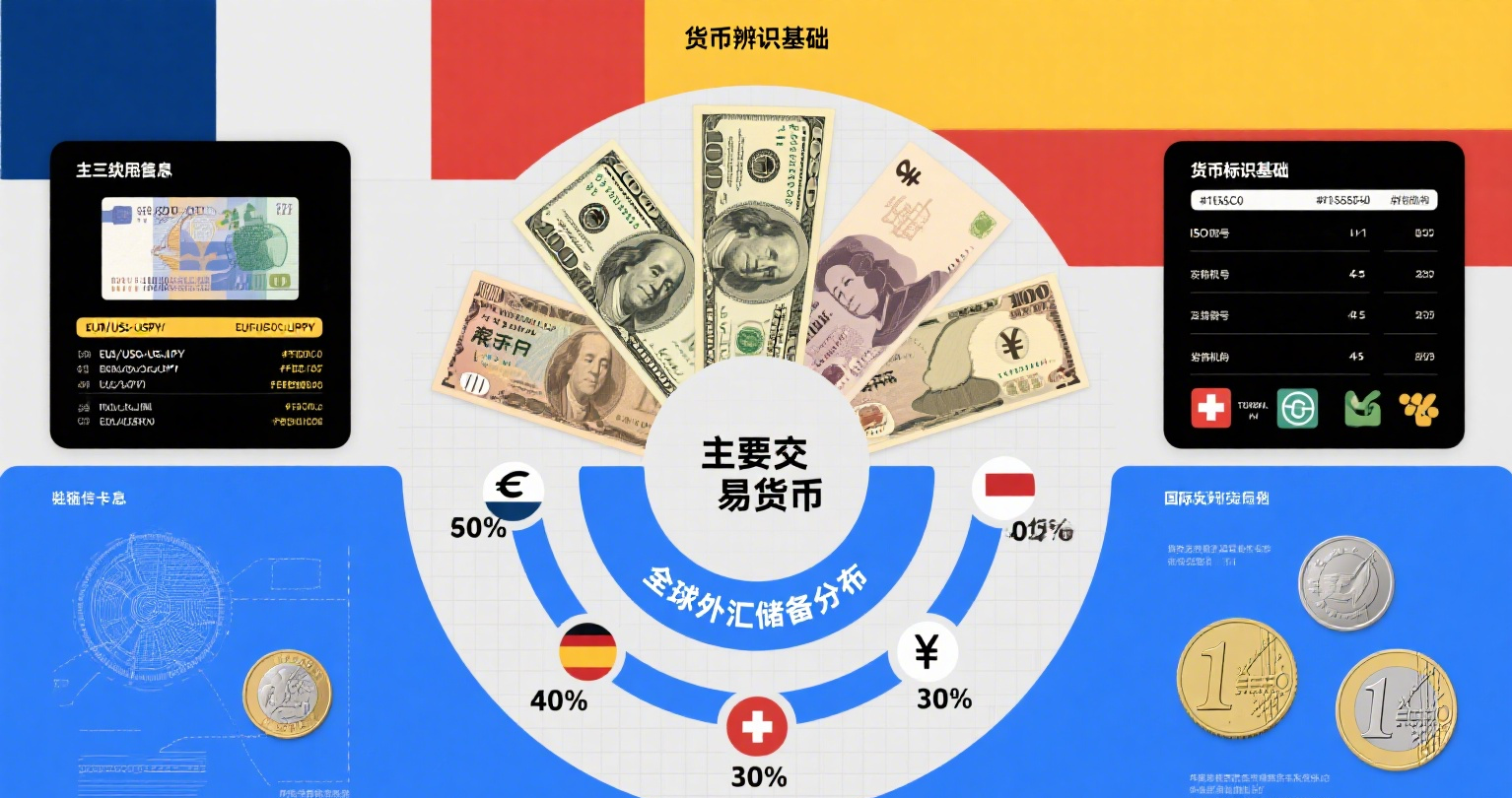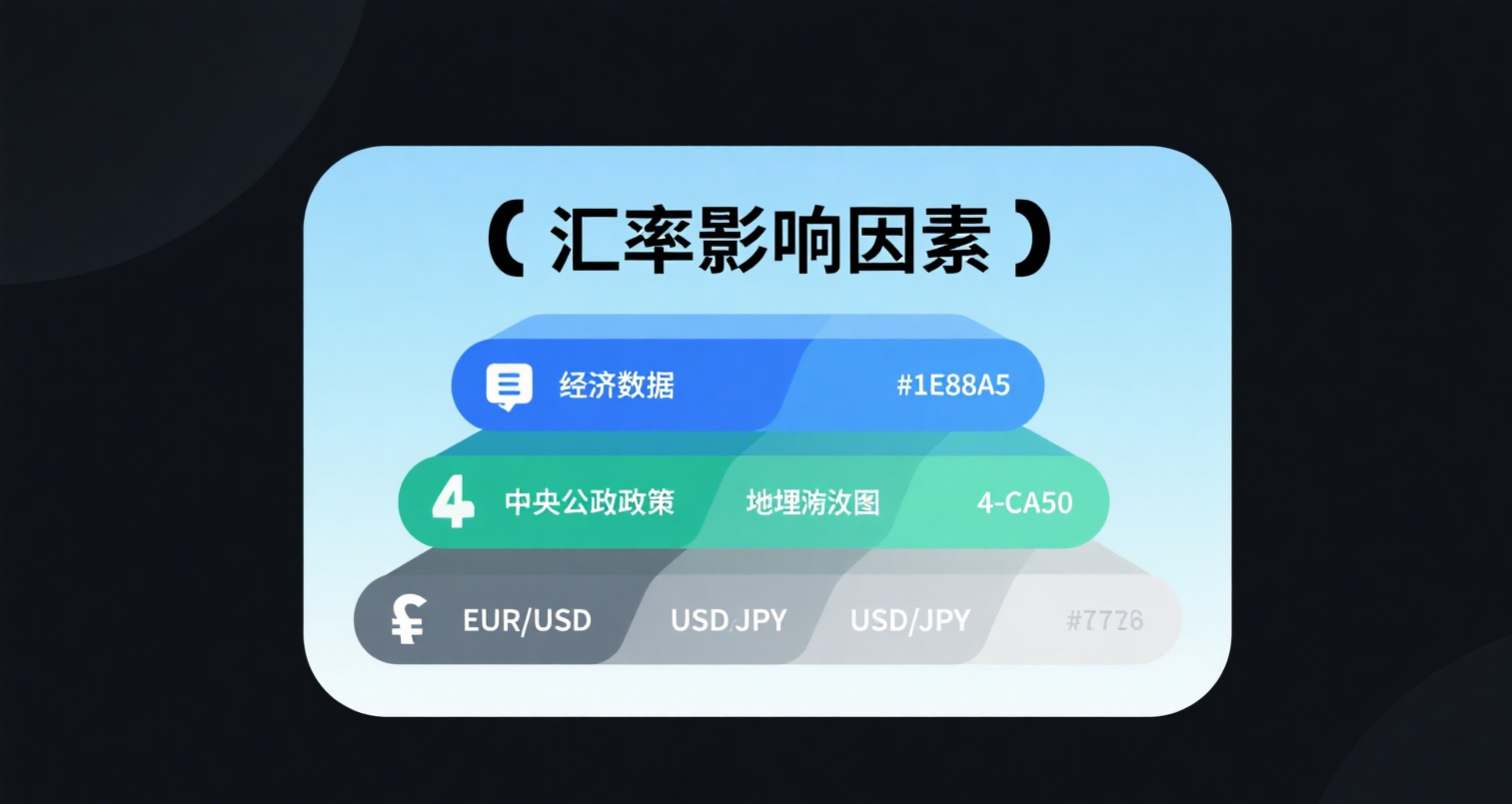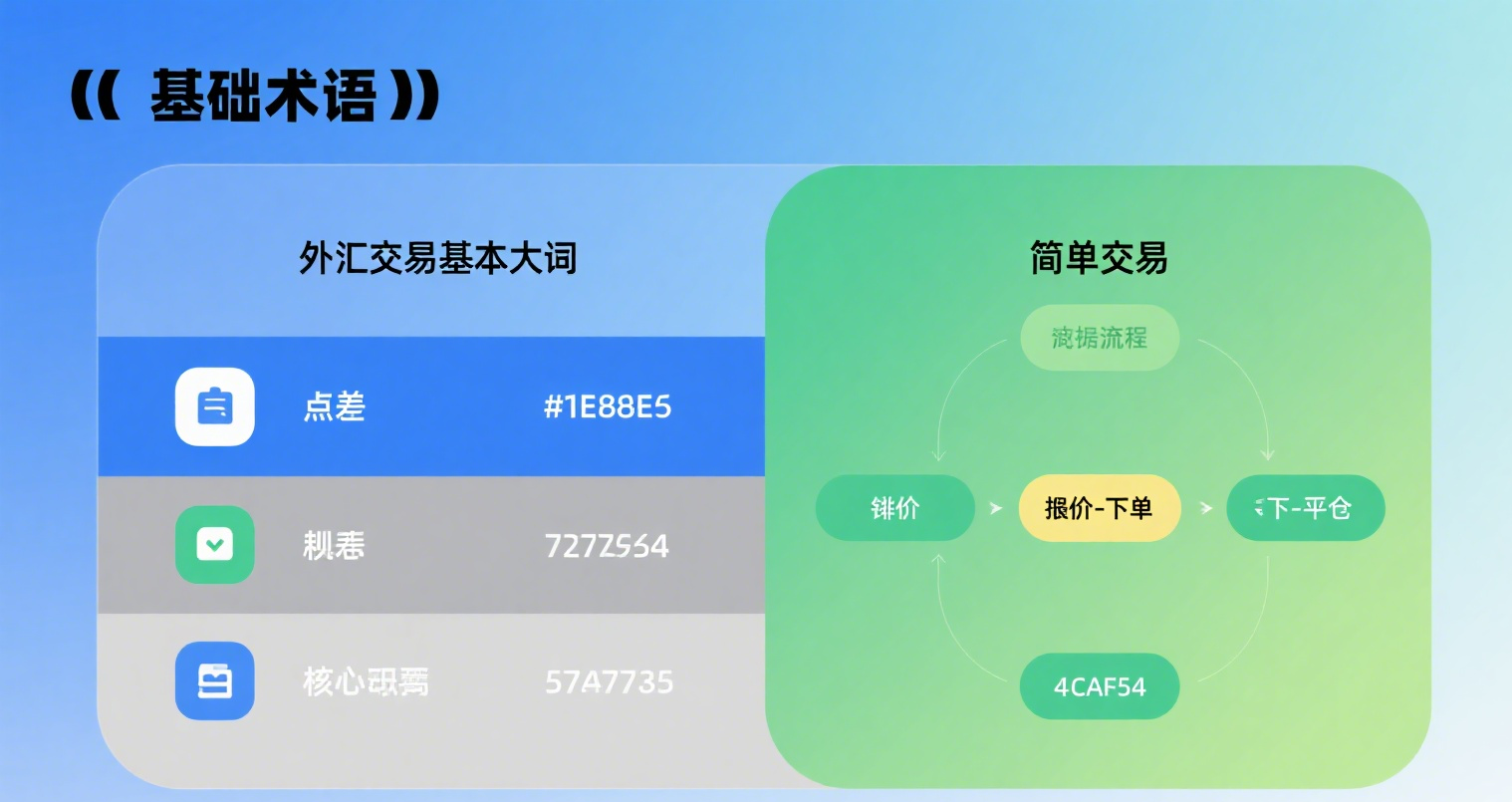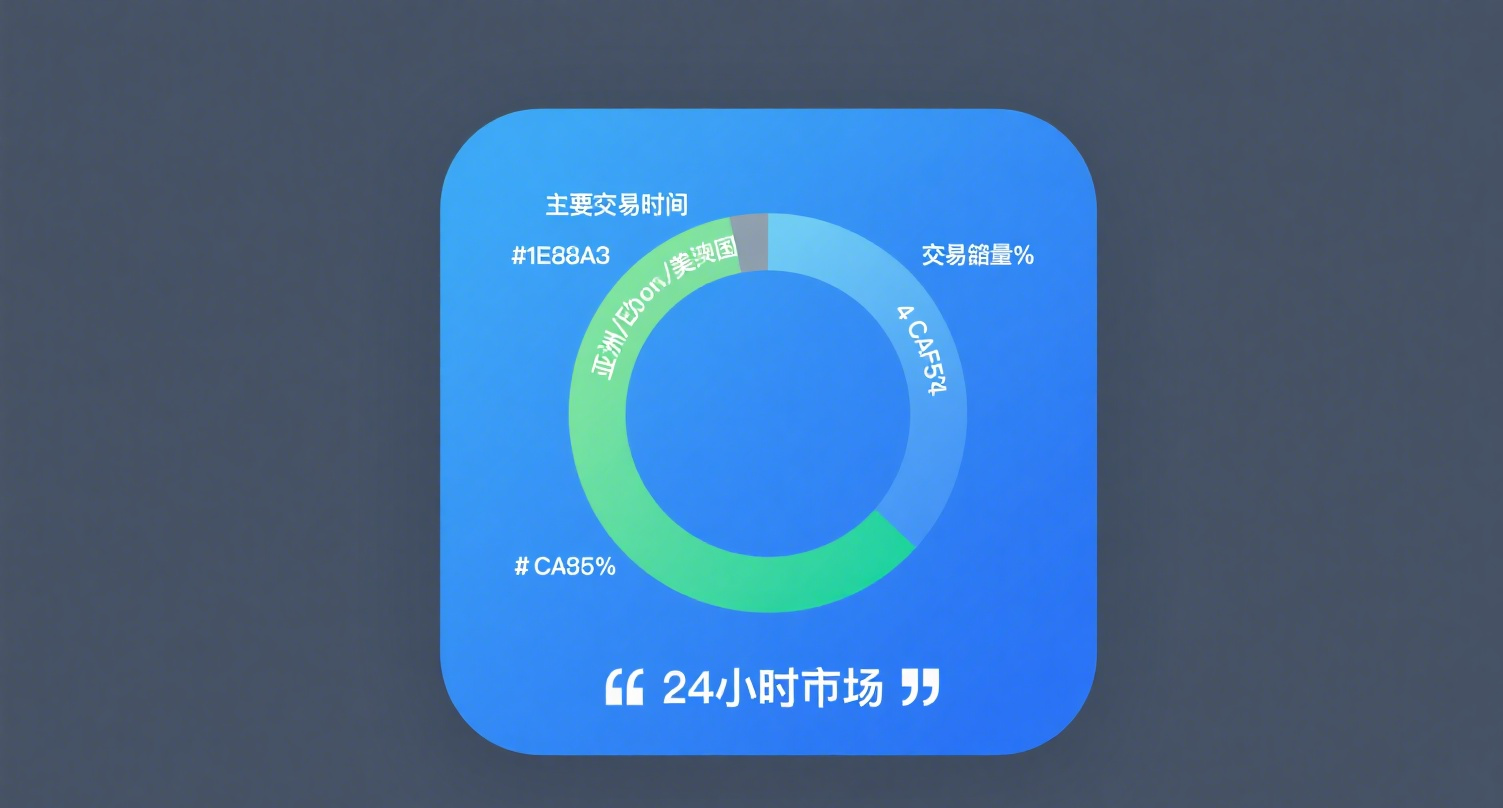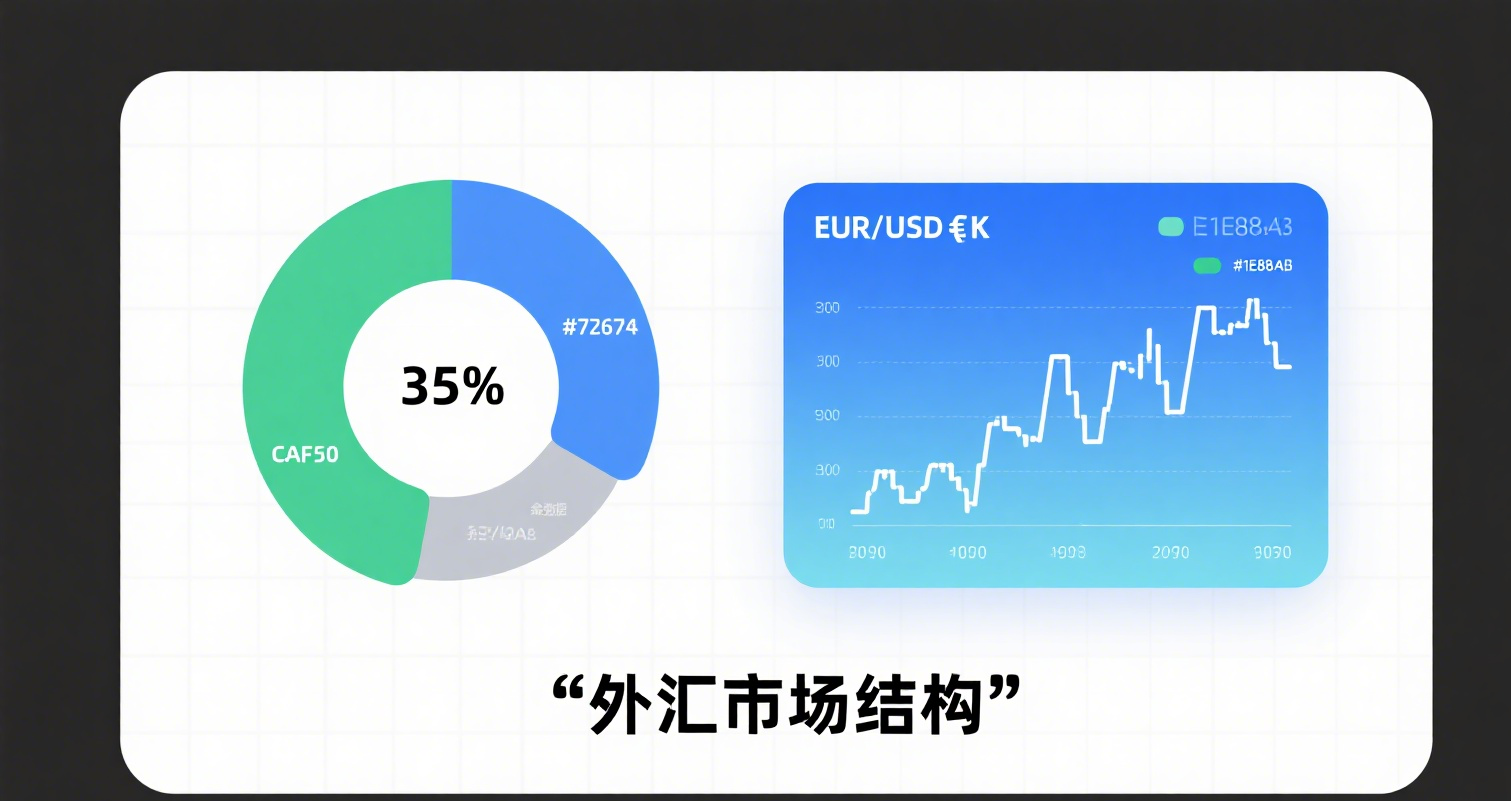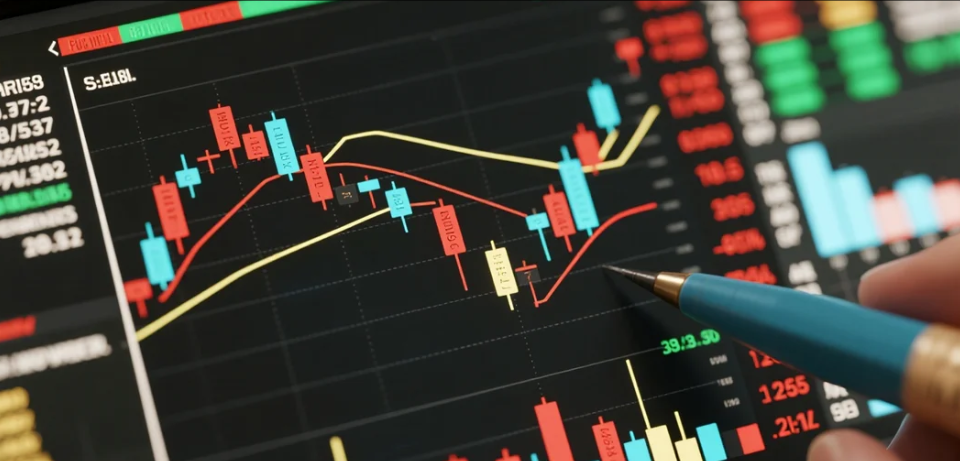
What is Bankruptcy Protection?
The word "bankruptcy" often carries negative connotations. First, let's clarify the difference between bankruptcy and bankruptcy protection.
Bankruptcy refers to liquidation—shutting down to repay debts. A company declaring bankruptcy must cease all operations immediately. A trustee is appointed to liquidate the company's assets, using the proceeds to pay creditors through formal liquidation proceedings.
Bankruptcy protection, however, acts like an "airbag" in a car accident—providing crucial buffer time. During this period, creditors cannot enforce debt collection, allowing the company breathing room. The business continues normal operations under existing management, with stocks and bonds still traded publicly. However, all major corporate decisions require approval from a bankruptcy court, and regular reports must be filed with securities regulators.
Companies under bankruptcy protection can reorganize assets, divest underperforming units, or strive for operational profitability to regain stability—sometimes emerging stronger. If restructuring fails, liquidation ultimately follows. Essentially, bankruptcy protection offers a legal pathway to address financial crises while balancing debtor-creditor rights.
Case Studies: Luckin Coffee and WeWork
Luckin Coffee, now revived, filed for Chapter 15 bankruptcy protection in New York in February 2021. Court documents showed ongoing negotiations with stakeholders about financial restructuring, emphasizing that all Chinese stores remained operational with minimal daily impact. The company described this move on social media as a strategic step in its reorganization—a decision that ultimately facilitated its remarkable turnaround.
Similarly, WeWork—once a $47 billion "unicorn"—filed for bankruptcy protection on November 6 last year with R Bank's support. Filings revealed $18.65 billion in liabilities against $15.06 billion in assets. The filing affected only U.S. and Canadian locations, leaving global franchises untouched. While WeWork's troubles stemmed from massive losses, governance failures, and founder Adam Neumann's controversial leadership, the final blow came during the 2020-2022 global pandemic when tenants abruptly canceled leases amid lockdowns. Subsequent economic downturn further eroded its client base, dealing a second blow to its business model.







